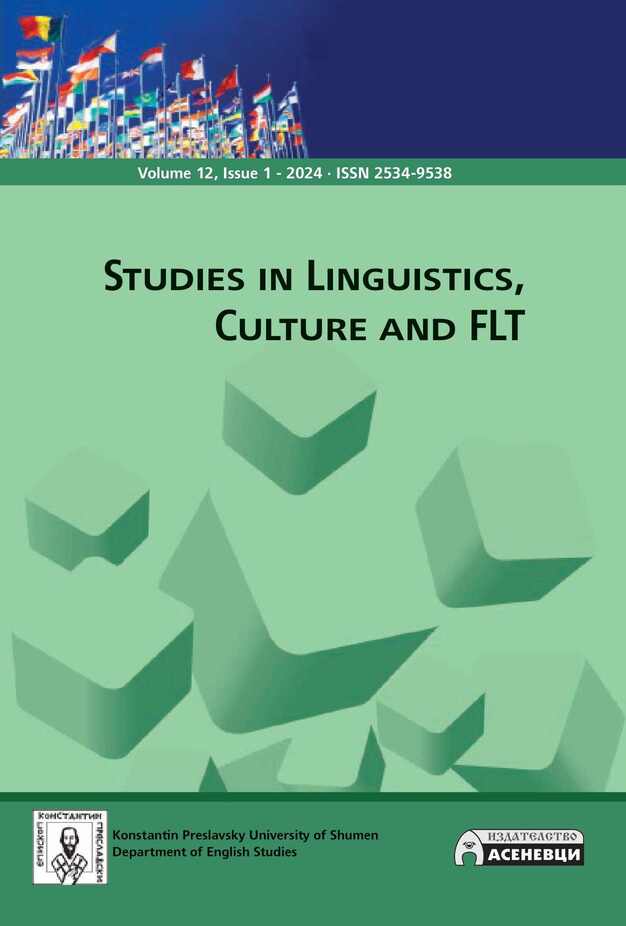Power and love versus death: “Death Constant Beyond Love” by Gabriel García Márquez
Power and love versus death: “Death Constant Beyond Love” by Gabriel García Márquez
Author(s): Kuğu TekinSubject(s): Language and Literature Studies, Theory of Literature
Published by: Шуменски университет »Епископ Константин Преславски«
Keywords: Gabriel García Márquez; short story; political satire; tyrannical power; death;
Summary/Abstract: This article analyses the philosophy and literary aesthetics of Gabriel García Márquez’s political satire with reference to his short story, “Death Constant beyond Love.” The analysis is based on the author’s views concerning the common personality traits, actions and ends of tyrannical rulers made manifest in the main character of the story – Senator Onesimo Sanchez. It is observed that the philosopher-emperor Marcus Aurelius’ meditations on the transience of existence, and the mortality of man serve as the backdrop to the power-drunk Senator’s vain attempts to keep exercising his tyranny despite his awareness of his looming death. The story’s central theme is that misused political power – no matter how wide its scope – is limited by man’s transient corporeal existence, or by death, to put it more simply. The author’s reflections upon dishonest politicians as fictionalized in the Senator display how corruption defiles each individual in society. The discussion on the nature and ramifications of man’s boundless ambition for power also draws on Nietzsche’s will to power/will to life equation, and Foucault’s views on resistance-freedom/power proposition.
Journal: Studies in Linguistics, Culture, and FLT
- Issue Year: 12/2024
- Issue No: 1
- Page Range: 141-151
- Page Count: 11
- Language: English

